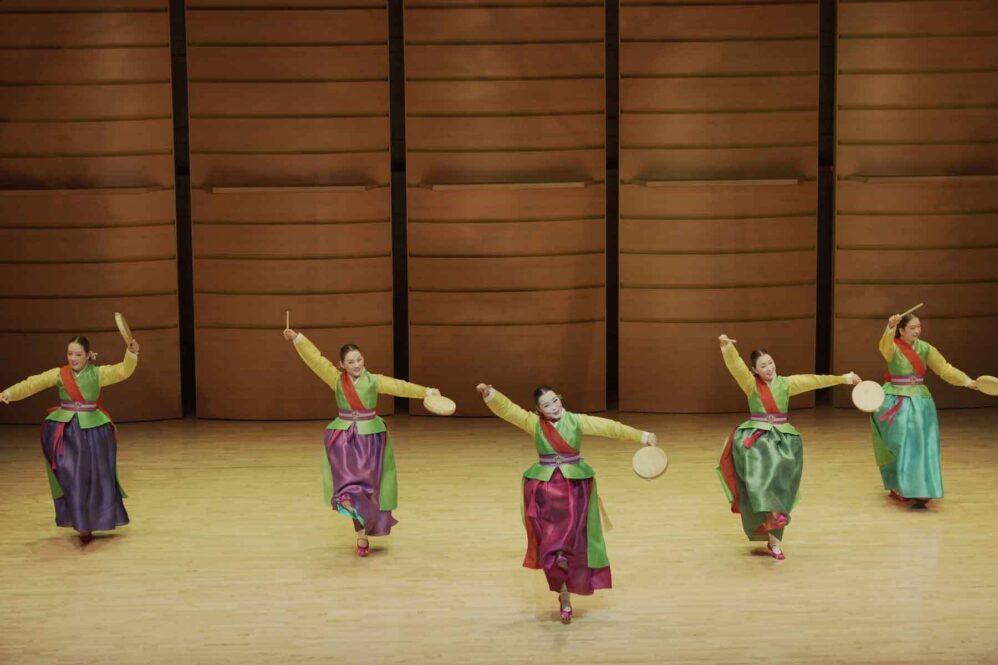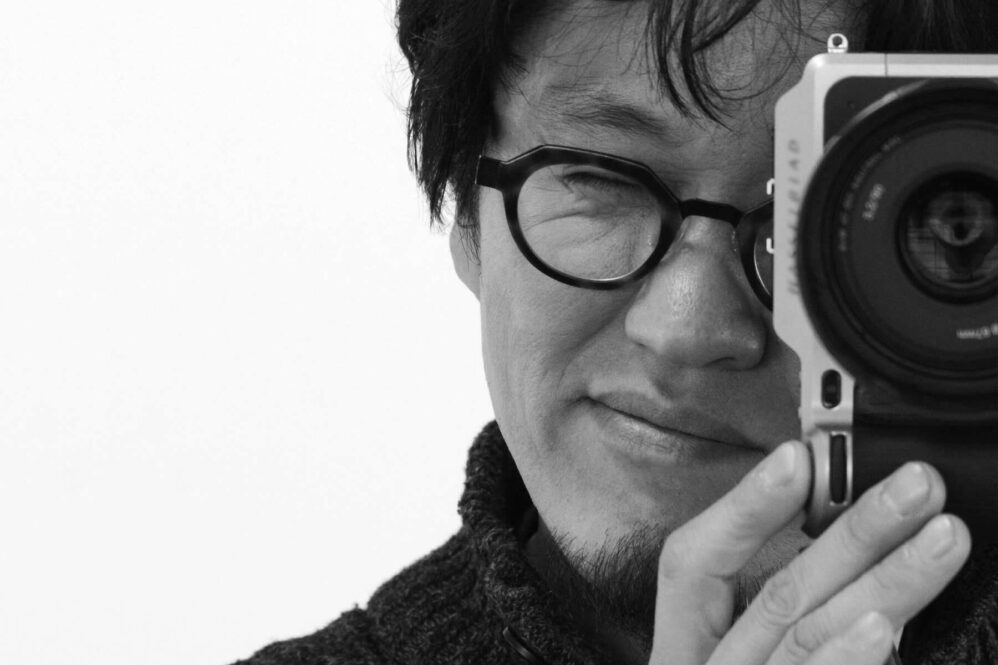Today's hours:
Closed
Monday
10 am–5 pm
Tuesday
Closed
Wednesday
Closed
Thursday
10 am–5 pm
Friday
10 am–5 pm
Saturday
10 am–5 pm
Sunday
10 am–5 pm
Monday
10 am–5 pm
Tuesday
Closed
Wednesday
Closed
Thursday
10 am–5 pm
Friday
10 am–5 pm
Saturday
10 am–5 pm
Sunday
10 am–5 pm
Explore one of the nation’s earliest and most historically significant museum collections of Korean art and culture.
From the late Joseon dynasty (1392–1910) to today, PEM’s exceptional collection explores art, culture, and life in Korea during a time of significant transition and global connection.
PEM’s early Korean collection was primarily formed by Edward Sylvester Morse, director of the Peabody Academy of Science (a predecessor organization to PEM), who proactively pursued Korean acquisitions during his tenure from 1880 to 1914. Among his most significant acquisitions from this period is a set of eight Korean musical instruments played at the 1893 World’s Columbian Exposition.
PEM’s connection with Korea was also strengthened by Yu Kil-Chun (1856-1914), the reformist scholar and politician who came to the U.S. as a member of the first Korean delegation and lived near Salem for nearly two years. Yu Kil-Chun and other early travelers between the U.S. and Korea donated many meaningful and foundational works to the museum’s collection.
PEM’s Yu Kil-Chun Gallery of Korean Art and Culture brings to life the compelling stories of these early pioneers, presented alongside the museum’s renowned Korean textile collection, exquisite 19th-century paintings — including the Welcoming Banquet of the Governor of Pyeongan screen — and inspiring contemporary works by Nam June Paik (1932–2006) and other Korean and Korean American artists.
Follow along on social media using #PEMKoreanArt
The Yu Kil-Chun Gallery of Korean Art and Culture has been made possible with the support of the Korea Foundation. Generous leadership support is provided by the National Museum of Korea; Samsung Foundation of Culture, Korea; the E. Rhodes and Leona B. Carpenter Foundation; the Overseas Korean Cultural Heritage Foundation; the Henry Luce Foundation; Helen H. Kim and Colin A. Warwick; Maria Kim and Sung-Dae Hong; the Council of Korean Americans, Boston; the Korean American community of New England; the Korean Cultural Center, Washington, D.C.; the Korean American Citizens League of New England; the Korean Cultural Society of Boston; an anonymous donor; Linda Champion; Mrs. Yu Suk Hee; and other generous donors.
Events that may interest you
In-person event
Artist Talk: Jongkuk Lee
Saturday, May 17, 2025 from 10:30 am-11:15 am

Drop-In Art Activity
Korean Paper Accessories with Jongkuk Lee
Saturday, May 17, 2025 from 1—3:30 pm

PEM Presents
The New York Korean Performing Arts Center
Saturday, May 17, 2025 from 2–4 pm

Curator Conversation
The Korean Art Gallery and Jung Yeondoo: Building Dreams with Jiyeon Kim and Stephanie Tung
Thursday, May 22, 2025 from 1—2 pm











